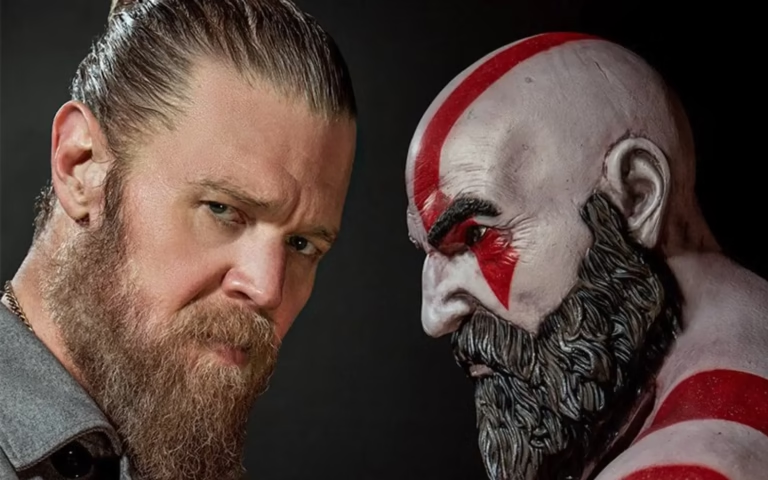
The Jujutsu Kaisen manga is infamous for its rushed ending. Many readers walked away unsatisfied, and for good reason: after years of buildup, the story wrapped up in a whirlwind of battles that didn’t leave much room for reflection. Then, about a year later, Gege Akutami shocked everyone by announcing a brand-new series: Modulo.
But instead of continuing where Jujutsu Kaisen left off, Gege jumped 70 years into the future… and added aliens. Why?
Why the Ending Felt Rushed

Jujutsu Kaisen wasn’t just another popular manga—it was the flagship series of Manga Plus, Shueisha’s digital platform. And when you’re publishing on phones, editorial priorities shift. The shorter the attention span, the more you need weekly hype: cliffhangers, surprise character returns, and non-stop fight scenes.
That explains the final arc. On a week-to-week basis, it worked. Readers were glued to the spectacle. But when read in full, the pacing falls apart. Fights happen back-to-back. Characters die without time to process their loss. The emotional weight gets lost in the rush.
The Story That Never Was

The manga officially ended when Yuji killed Sukuna. While not a “bad” ending, it felt abrupt. Many fans believe Gege originally intended Kenjaku—not Sukuna—as the saga’s final villain. His ultimate plan, merging humanity with Tengen to create a world of sorcerers, was set up… but never fully paid off.
The involvement of the U.S. government fizzled out. Threads dangled unresolved. Rumors circulated that Gege was battling illness while editors pushed him to keep publishing. Whatever the case, the supposed “Merger Arc” never materialized.
Enter Modulo

So why launch a brand-new series instead of finishing what was left undone? And why set it so far into the future—with aliens, of all things?

One possibility is ego. Continuing the JJK storyline would be an admission, both by Gege and Manga Plus, that the ending was cut short. Starting fresh gives the illusion of control.

But another reason might be more practical: Gege knows his strengths. He excels at one-offs and self-contained arcs—just look at Gojo’s Past or Cursed Child. Even the moments fans wish had happened, like Sukuna’s glimpses of history and the clan conflicts, are essentially stand-alone stories.
By contrast, sprawling, interconnected endgames seem to be his weakness. And that’s exactly what sank JJK’s finale.
A Shift in Focus

This time, Gege is only writing Modulo. Someone else is handling the art. That’s a big change—and maybe a smart one. Free from the pressures of weekly drawing, he can focus on what he does best: tight, creative storytelling.
Will that make Modulo a great series? Maybe. At the very least, it shows that Gege isn’t done experimenting with worlds and ideas.
Final Thoughts

Jujutsu Kaisen burned bright but ended chaotically. Modulo feels like Gege’s attempt to reclaim control, sharpen his strengths, and maybe prove something to both himself and his readers. Whether aliens 70 years in the future can capture the same magic remains to be seen—but one thing is certain: Gege is far from finished.



